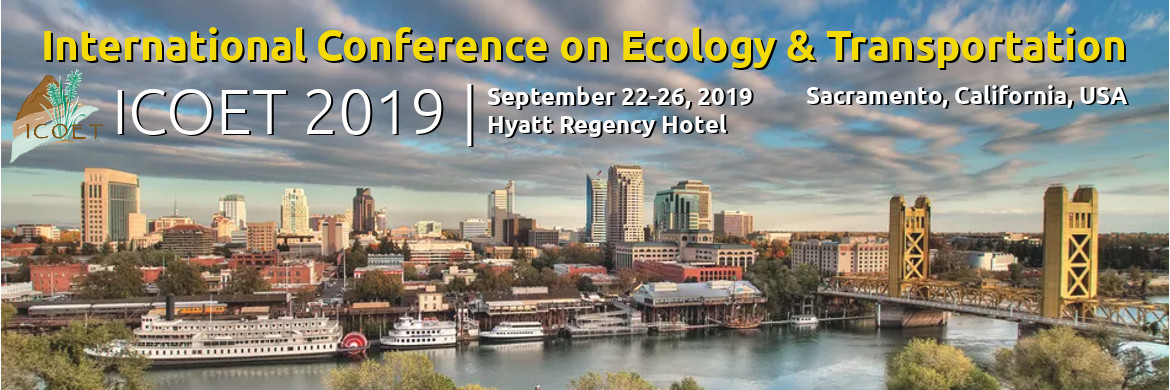TRIEKOL - Applied Road and Rail Ecology is a Swedish research program on the impact of transport infrastructure on biodiversity conservation and landscape ecology. The aim of the research is to develop knowledge and methods that can help the transport sector to maintain and, where possible, improve the ecological functions and qualities of the landscape.
The program encompasses two main themes:
i) Animals – dealing with the impacts on vertebrate populations, such as wildlife accidents, movement barriers and noise disturbance, and
ii) Infrastructure habitats – dealing with the biodiversity directly related to the vegetation in road and railway areas, such as plants, insects and other invertebrates, and pollen/nectar resources.
Full scale construction, maintenance and retrofitting of roads and railways are used as "experiments" in a Before-After-Control-Impact (BACI) approach, and field methods include, i.a., wildlife tracking in bridges and passages, population density census, species inventory and vegetation characterization. The research is funded by the Swedish Transport Administration (STA), and the results shall help the transport sector in prioritizing and adopting cost-efficient conservation actions. The close cooperation with practitioners (officials, consultants, NGOs) secures that the research results are swiftly and correctly implemented, for example in guidelines, new investment projects and maintenance of existing roads and railways. TRIEKOL was started in 2009 and the current program period runs from 2017 through 2022.
Partnerships and Collaborative Approaches for Improving Transportation Ecology
research group
road and rail ecology
wildlife and habitats
